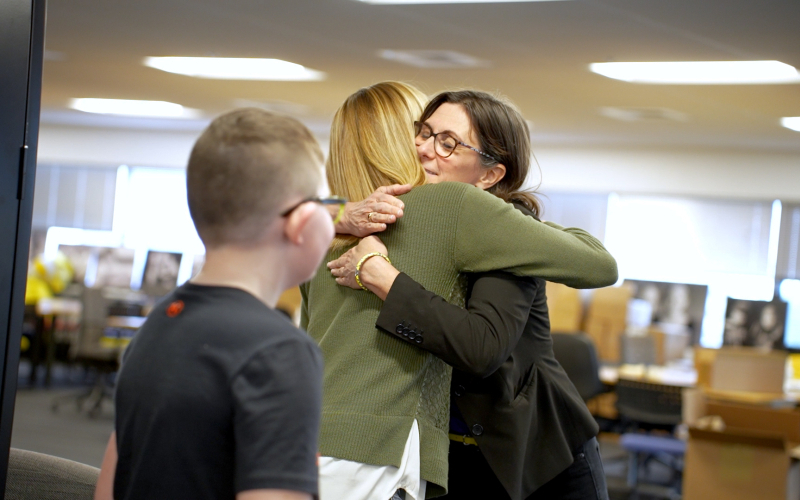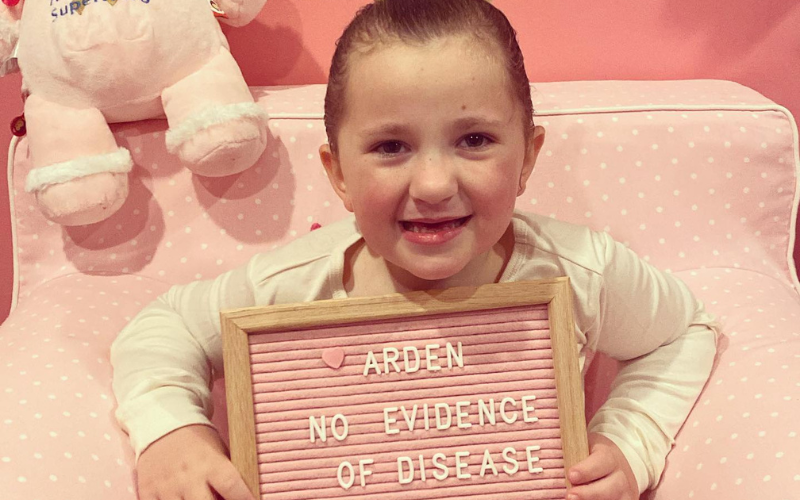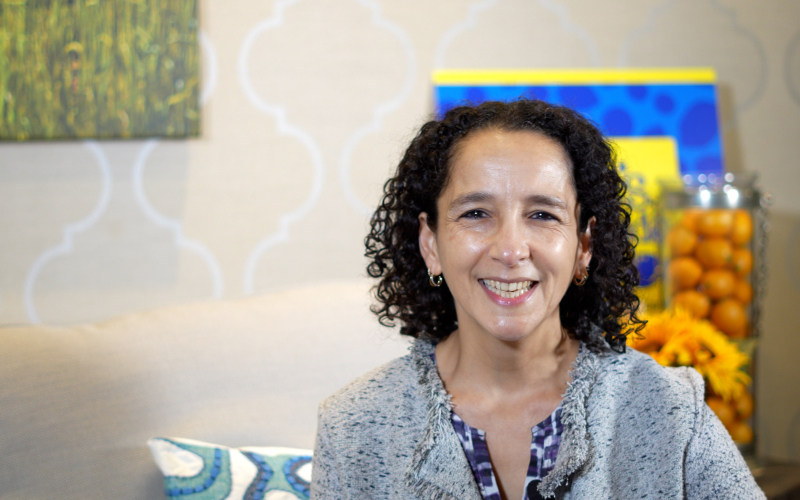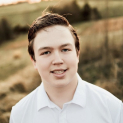By: Trish Adkins
In 2023, Alex’s Lemonade Stand Foundation saw all the hard work, dedication and research pay off in a big way for children with cancer. From high-impact publications to breakthroughs to funding new projects, ALSF continued its commitment to finding safer treatments and cures for all childhood with cancer.
The best part: It is all fueled by lemonade.
Here are the top childhood cancer research stories from 2023:
1. Over 100 awarded grants—114 to be exact--funded in 2023
From extending grant funding for researchers close to breakthrough to funding student POST grantees, the ALSF grant program awarded 114 grants in 2023. The length and amount of funding varies but the goal is unified: cures for all kids. Read more about the grants we just funded in 2023.
2. Dedication to access, research and travel support for kids facing cancer
Nine years ago, Greta was facing relapsed leukemia and had no options, except for one---a far from home experimental clinical trial at Seattle Children’s Hospital. Greta’s parents took the risk and ALSF covered their travel expenses through Travel For Care. Today, Greta, who was treated with CAR T immunotherapy is cancer-free. As immunotherapy continues to show promise, ALSF continues to fund researchers like Dr. Leo Wang, who study CAR T immunotherapy and to support families through the Travel For Care program.
3. High-impact publications
Publication is an important part of the research and collaboration process for scientists to reach cures for kids. When a research team can publish their results, doors open for other research, and more cures can be found more quickly. There were several publications by ALSF-funded researchers in 2023. Innovation grantee Dr. Michelle Monje at Stanford University, together with researchers from seven other institutions (including ALSF-funded researchers Kara Davis, Robbie Majzner, Crystal L. Mackall, Julie Park and Leo Wang), collaborated and published a paper to characterize a new side effect of CAR T immunotherapy treatment for children with brain tumors. It provides a preliminary roadmap on how to manage this promising treatment’s side effects, keeping kids safe and hopefully, cancer-free.
Get Involved and Help Kids With Cancer
4. Opening Up Brain Tumor Research with the OpenPBTA
The Childhood Cancer Data Lab, powered by ALSF, established the OpenPBTA, to give researchers the opportunity to access genomic data for 1,074 pediatric brain tumors. This invaluable resource is available to all researchers, without charge.
5. Committing $50 million to the study of the toughest to beat, most under-researched childhood cancers
Launched in 2018, the Crazy 8 Initiative funds international, multi-disciplinary teams tackling the biggest, most difficult challenges in childhood cancer. Thus far, the grant category has awarded over $25million to 6 projects at 21 institutions. In 2023, a new grant category opened seeking proposals for the study of cancer predisposition syndromes and committed an additional $25 million to the Crazy 8 Initiative.
6. Cures for Philip, Arden and More
Philip was 3 years old when doctors told his parents that his cancer was incurable. Arden was 16 months old when she transported to the oncology floor in the middle of night. Both had the same cancer diagnosis: high-risk neuroblastoma. And both found their way to Dr. Yael Mossé, an ALSF-funded researcher at Children’s Hospital of Philadelphia. Dr. Mossé had groundbreaking trials open for lorlatinib, a targeted therapy previously approved for some adult cancers. The trials worked and both Philip (now 9) and Arden (now 5) are cancer-free.
In 2023, Dr. Yael Mossé was able to publish her team’s results in Nature Medicine, a high-impact medical science journal.
The publication was high-impact; but even more high-impact were the stories of Philip and Arden, two healthy children, who are off-treatment and cancer-free.
Fund Research. Find Cures. Help Kids.
All of this, from research breakthroughs to cures, is made possible by generous supporters, who were inspired by ALSF founder Alex Scott’s dream of finding cures for all children.
“If it weren’t for Alex, there wouldn’t be any Ardens,” said Megan.




